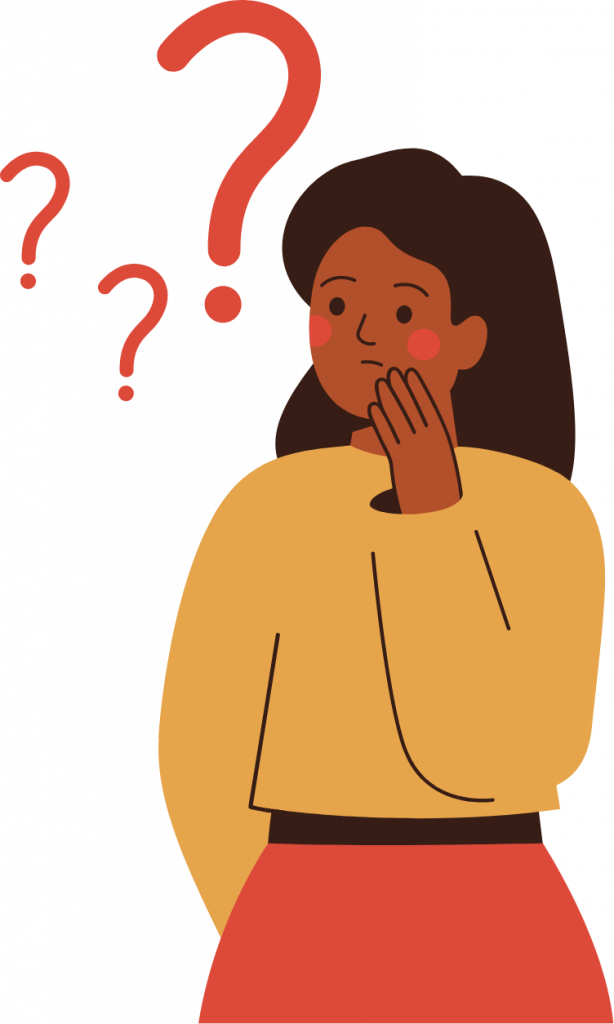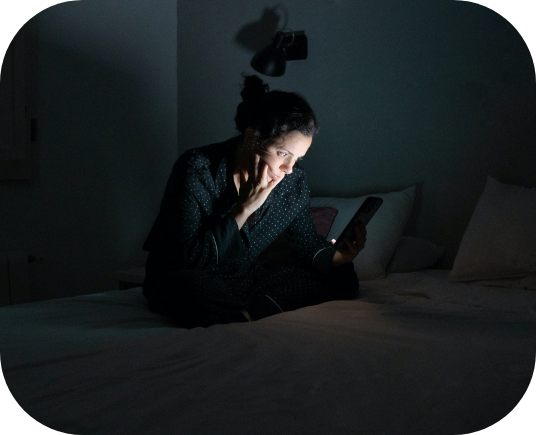

Bullying
What Is Bullying?
Intentional – the person is mean and hurtful on purpose. If they do not mean to do it, it is an accident.
Repeated – the person is mean more than once. If they are hurtful one time, that is someone being rude or inconsiderate.
Power Imbalance – the person is using their power negatively. Their power could come from: being older, being bigger/stronger, having more friends, knowing more, having more confidence, or having more things. If there is no power imbalance, it is a conflict.
Who Does Bullying Involve?
The person who is targeted by the bullying behaviour.
The person who is bullying.
The person who witnesses the bullying.
These roles can shift, and people can find themselves in more than one of these roles in different areas of their lives.


What Are the Types of Bullying?
Verbal: using words to be mean and hurtful
Physical: harming someone’s body or their things
Social: harming someone socially, like ignoring someone, telling secrets, ruining friendships, or inviting someone to do something and not showing up.
Cyberbullying: using technology to be hurtful, like texting mean things or posting things on social media.
Who Does Bullying Hurt?
Everyone! Bullying does not just hurt the target. It harms the witness and the aggressor, too.
When someone is bullied, it can be really hurtful and have many negative outcomes.
When someone is being mean to others, it is often because they are not feeling well and do not love themselves.
If someone sees someone being bullied, it can be scary and cause the person to worry they are going to be next.
Bullying does not just hurt at the moment. There are many consequences to bullying (for all people involved).

The person being bullied might feel or experience:
- Sad
- Scared
- Lonely
- Low self-esteem
- Isolating from friends and family
- Panic attacks
- Anxiety
- Sleeping too much
- Nightmares
- Not being able to sleep
- Stomachache
- Headache
- Depression
- Anger
- Substance use and misuse
- Acting out
- Doing poorly in school/poor concentration
- No motivation
- Thoughts of suicide
The person who witnesses bullying might feel or experience:
- Guilt
- Shame
- Fear
- Anger
- Anxiety
- And more
The person who is bullying another might feel or experience:
- Poor social skills
- Lonely
- Anger
- Scared
- Low self-esteem
- Poor concentration
- Sad
- Depression
- Higher risk of criminal activity later in life
- High risk of being involved in dating violence, sexual harassment, and criminal behaviour later in life
- Thoughts of suicide
This is why we need to get help.
Legality of Bullying
Cyberbullying is hurtful and some actions can be against the (federal) law. Because technology crosses borders, cyberbullying laws are federal. It can result in jail time, devices can be taken away, and/or paying the victim of the crime.
Sexting/Sharing Intimate Images:
- Sexting is sending sexually explicit images or messages from one person to another using technology.
The law states that sexting between or regarding anyone under 18 is considered possessing and distributing child pornography. Anyone owning a device or access to these images can be charged.
The law is concerned about distribution and if one person in the relationship shares those images or videos with other people or the images are leaked.
- Sharing someone’s intimate images without the person’s consent is also a crime regardless of the person’s age. This can be a common form of cyberbullying.
- This can have the same consequences as cyberbullying:
- Jail up to 5 years
- Devices may be taken away
- Could have to pay the victim for costs involving removing the image from the internet or elsewhere
Physical bullying can fall under assault laws.
Other bullying depends on the bylaws of your city.

Further Resources
If you would like to speak to someone about mental health issues, the Alberta Health Services Mental Health Help Line is available 24/7, offering information and referrals on any aspect of mental health.
Call toll-free: 1-877-303-2642
Trending Topics
Dimensions of Health
Dimensions of Health How do you feel when you wake up on your best day? You probably feel well-rested. You probably wake up to a
Relationships
Healthy Relationships Qualities of Healthy Relationships Respect is to treat others the way you want to be treated, be considerate, honour someone’s feelings and opinions.
Sex Trafficking
Sex Trafficking What Is It? Sex trafficking is when someone uses force, coercion, or fraud to force someone into prostitution, pornography, or sexual performance for

